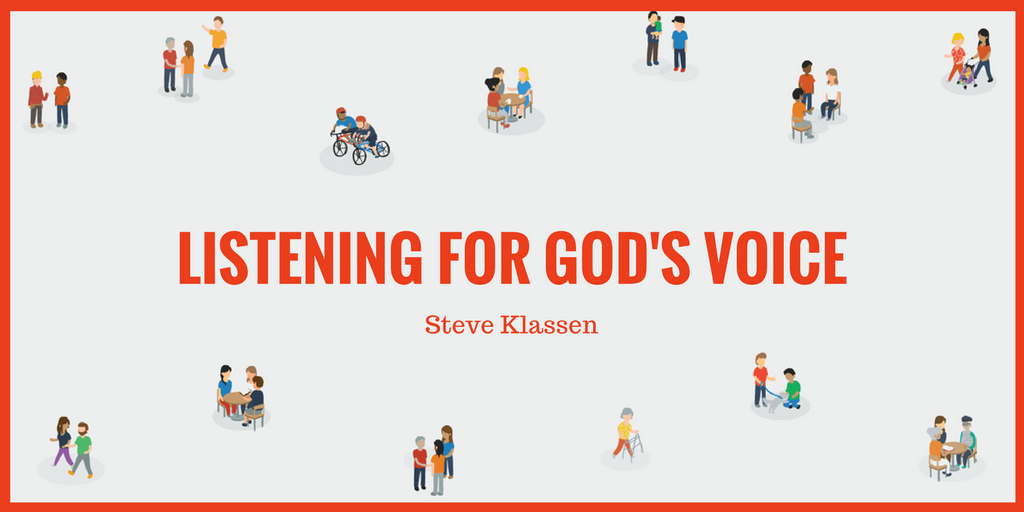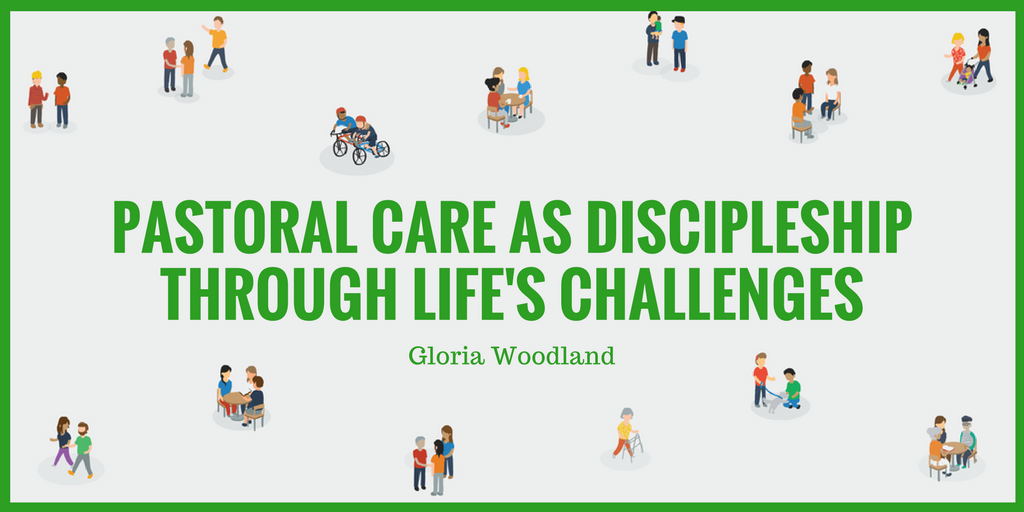Listening for God's Voice
 From Genesis to Revelation, God our Creator is revealed as One who is interested in relationship with people. One early example of this is the relationship between Moses and Yahweh. We read in Exodus that God and Moses spoke as friends—face to face. Some call it intimacy with God, friendship, or communion. Part of this intimate relationship between God and people is the experience of hearing God's voice. The Bible is filled with examples of how people hear God. Variety as to how they hear abounds. Some have dreams; others have visions; some hear God at work in the circumstances of their lives; some are prompted by the Spirit in their hearts; others experience God in and through creation in alignment with what the Scriptures say in Psalm 19—the heavens declare the glory of God.
From Genesis to Revelation, God our Creator is revealed as One who is interested in relationship with people. One early example of this is the relationship between Moses and Yahweh. We read in Exodus that God and Moses spoke as friends—face to face. Some call it intimacy with God, friendship, or communion. Part of this intimate relationship between God and people is the experience of hearing God's voice. The Bible is filled with examples of how people hear God. Variety as to how they hear abounds. Some have dreams; others have visions; some hear God at work in the circumstances of their lives; some are prompted by the Spirit in their hearts; others experience God in and through creation in alignment with what the Scriptures say in Psalm 19—the heavens declare the glory of God.
When my wife Evy and I wrote Your Ears Will Hear we were increasingly aware of how people around the world were hearing God in similar ways. The same common ways that are found in Scripture continue to be ways people are hearing God today. We identified five common ways, but there might be a hundred and five. We’re not trying to be exhaustive, but we are finding it helpful to bring these five to people's attention as they journey with God:
- Listening to God through Scripture
- Listening to God at work around us in the circumstances of our lives
- Listening to God through our hearts
- Listening to God in silence and solitude (like Jesus did) out in nature
- Listening to God in community (God speaks to people through people)
The Scriptures describe—in one story after another—how people are guided by God. Whether it is "the counsel of the Lord" or "the word of the Lord" or "a gentle whisper" or "a voice" or other ways, God is communicating and He's given people "ears to hear". Promises abound throughout Scripture encouraging all believers of all ages to believe their ears will hear the voice of the Good Shepherd.
How does God speak to you? Are there common ways you have experienced God speaking to you over time? I’d love to hear from you (click here to contact me).


